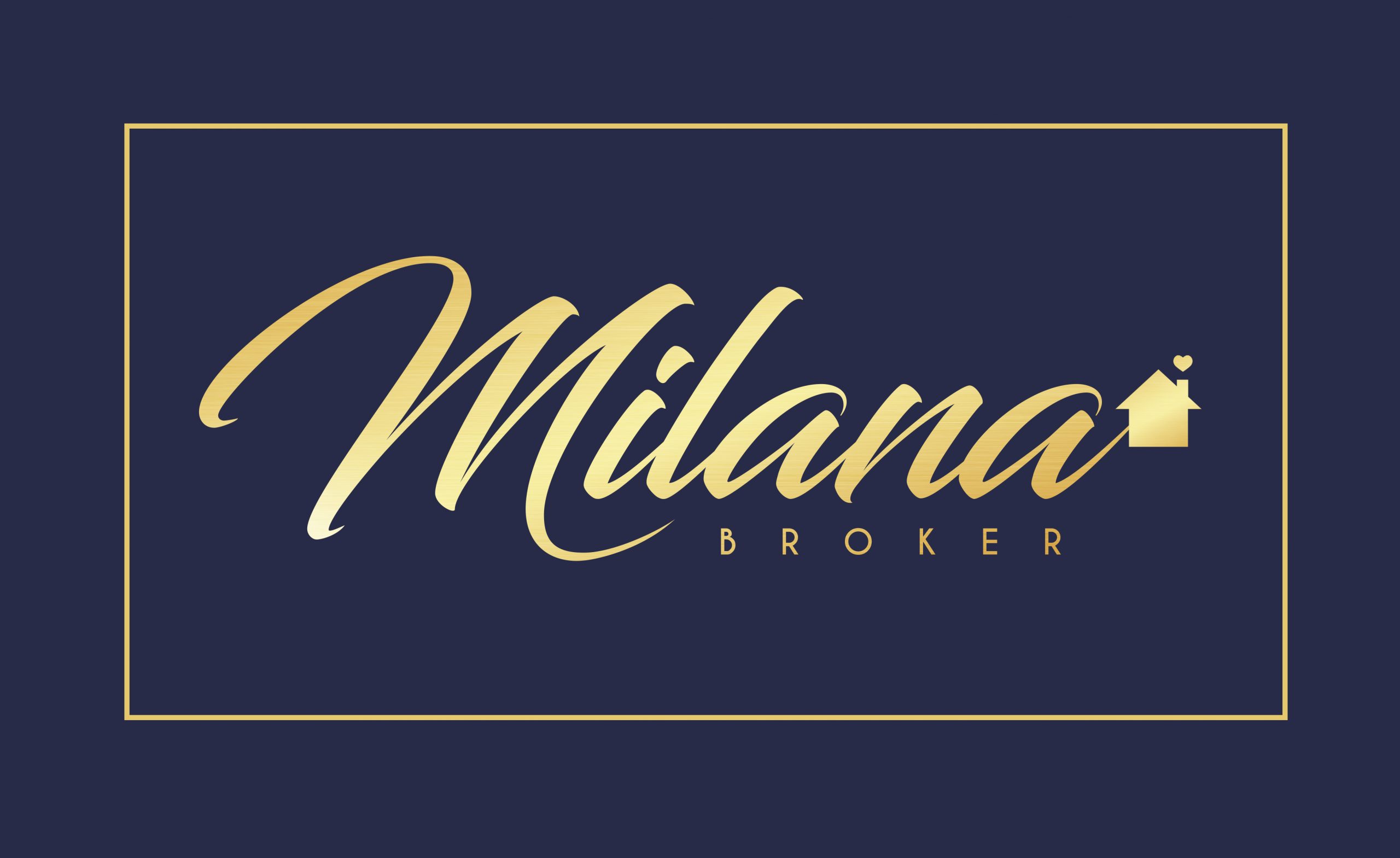How Being Self Employed Impacts Your Mortgage Qualification
Being a self-employed individual has several advantages, the largest being the ability to write off a large portion of your income against expenses you have incurred while doing business over the year and therefore reduce the amount of income tax that you have to pay. Having the ability to save yourself thousands in taxes annually means that a lot of self-employed clients claim as many expenses as possible (some more aggressively than others) so that they are left with a very small amount of net income at the end of the year to pay tax on.
On the flipside by reducing your taxes, it creates one of the largest hurdles for self-employed individuals; their ability (or lack thereof) to obtain credit at reasonable rates or terms. It is considered the largest tradeoff for being aggressive and reducing your net income. Whether it is applying for a personal loan, line of credit and most importantly qualifying for a mortgage it creates there are usually hassles that regular salaried employees do not have to face.
There are now several options available that cater to self-employed individuals. Usually the big three items that lenders/insurers look for when qualifying an applicant are credit, downpayment and income. Take one of the 3 out of the equation and the client usually ends up paying for it with less favorable terms, but with the self-employed programs being offered by lenders/insurers you have some flexibility on the income part, provided you can come up with a minimum of 10% downpayment and have a credit score (beacon score) that is above 700 – two very reasonable requirements. This is a stated income program meaning the income you put on the application is the one used to qualify the loan. The lender and insurer will look at the reasonability of the income for the profession and base their approval on it accordingly. In other words, you can’t claim to be a dog walker making $400K year. The CMHC premium that you pay is approximately 4.25% of the mortgage amount for a 10% downpayment vs. the 2.00% premium you would pay for a regular qualified mortgage. This is great because it allows clients to get into the market with a slightly higher premium (the premium is rolled into the mortgage so it isn’t an out of pocket expense at closing) and still at best interest rates and the same flexibility you would get if you were fully qualified.
There are also some great options with 20% or 25% down that self-employed stated income mortgage that people can now take advantage of as well. Given that a 20% to 25% down payment is a substantial amount of money for someone to put down, lenders realize that the borrower has some “skin in the game” decreasing the likelihood of the borrower to walk away from the mortgage obligation. The larger the down payment the less likely you will default on your loan. The risk of defaulting on your loan is as great to you, as it is the lender, because the lender knows if they have to sell your home that they will still get their money out of it. So, with a 20% or 25% downpayment you can still qualify at usually the best rates, some lenders will want to confirm your net worth (up to 25% of the purchase price in some cases) so not everyone qualifies under these programs. The credit score also must be over 700 and your downpayment must be coming from own resources.
There are also some options that allow lenders to add back some of the write offs that self-employed people write off to bring up the net income in order to qualify the loan.
A lender will generally add back into your net income, write offs from your “statement of business activities” or from your T1 Generals to help make an application qualify are: • Motor Vehicle expense • Business use of home • Capital cost allowance • Meals and entertainment (some lenders accept this and some don’t)
Of course there will always be alternative type lenders that are willing to lend to self-employed people, albeit at much higher interest rates and terms than a traditional bank or mortgage lender, sometimes pricing several people out of the market. Interest rates can be as high as 1 to 2% higher than a regular mortgage and that limits the purchasing power of many borrowers.
There are several options available to self-employed individuals to help them qualify for a mortgage without being subject to higher rates that were not as readily available 10 years ago. Lenders and insurers realized that there is a large demand in the market for self-employed borrowers that have strong credit and assets. Allowing more people to purchase homes that were previously unable to in the past and helping to foster growth in our economy.
Written by Jason Friesen of the Calum Ross Team Please visit their website today for futher information.



You must be logged in to post a comment.